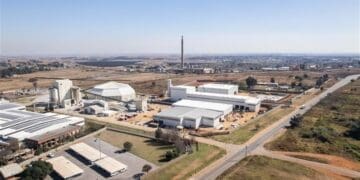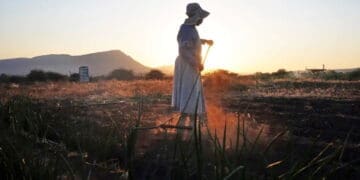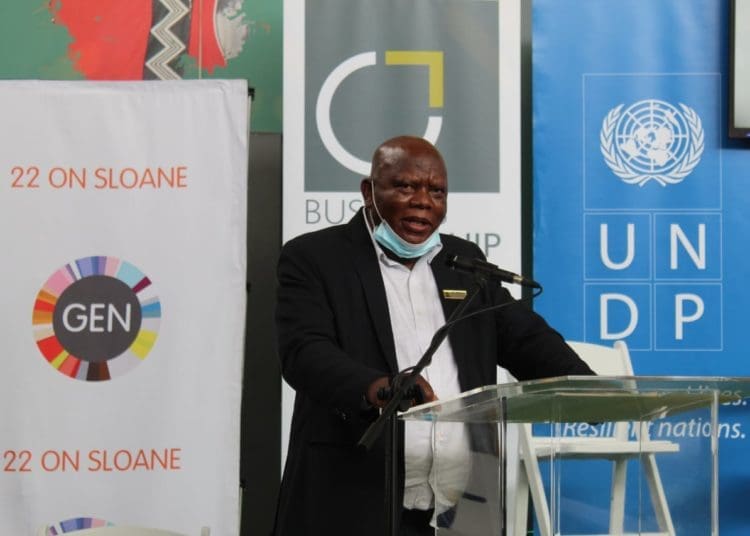The responsibility of supporting SMMEs to help resuscitate South Africa’s economic hub falls squarely on the City of Joburg and the partnerships it forges, according to Economic Development MMC Thomas Mofokeng. Mofokeng said the city had a number of public/private partnerships in place to give SMMEs a much-needed shot in the arm following the Covid-19 pandemic and recent civil unrest.
These included supporting informal traders, improving infrastructure for SMMEs, and reviving and building key economic zones. Mofokeng was speaking at the Partnership Dialogue hosted last week at the Sandton-based SMME startup campus 22 On Sloane. He said the city’s economic recovery plan had been divided into phases. “The first phase included mobilising resources to respond to the immediate impact of Covid-19,” the MMC said.
“The second phase included temporary operating permits for informal traders and spaza shops that are valid for a month until after lockdown is lifted,” Mofokeng said these first phases were critical to promoting the informal economy, which was the hardest hit and did not have the financial muscle to rebuild businesses. Mofokeng said that the city would also improve infrastructure and use already existing city property to house SMMEs and informal traders.
“The city is using the economic and social infrastructure programmes to boost economic recovery (to the tune of R10 billion) and will partner with the province in the development of the Frater Lanseria Plan,” he pointed out. “The city is also in charge of city properties, and we are looking at housing (informal and small) businesses in one location so that we know where we will find them. “We have also targeted 500 cooperatives to ensure that they are sustainable and that they will succeed in doing business,” Mofokeng said.
He also announced projects for SMMEs in Johannesburg’s regions. “We are piloting a series of mentoring programmes for SMMEs per region,” he said. “We have developed an implementation model for SMMEs, informal traders and the Cooperatives Support Grant Programme.”
The MMC made some recommendations to the Small Business Development Department, which he said would benefit SMMEs. “We think that the department must consider reviewing the six months business operation requirement on the (Township and Rural Enterprise Development) schemes and must consider providing a grant portion for the automotive scheme,” he said. “It is also recommended that the department gives SMMEs and informal traders an option to access the benefit of bulk buying if they don’t need the financial support.”































































